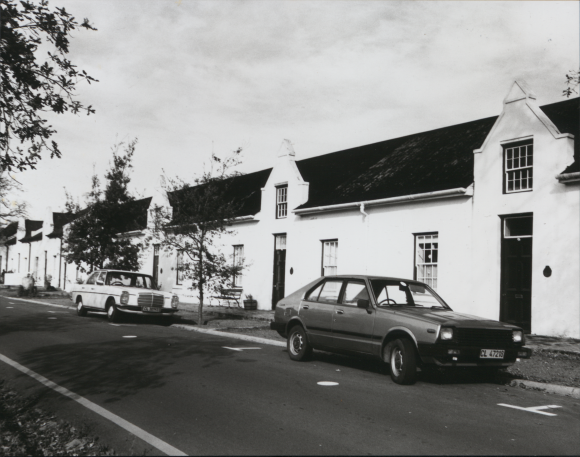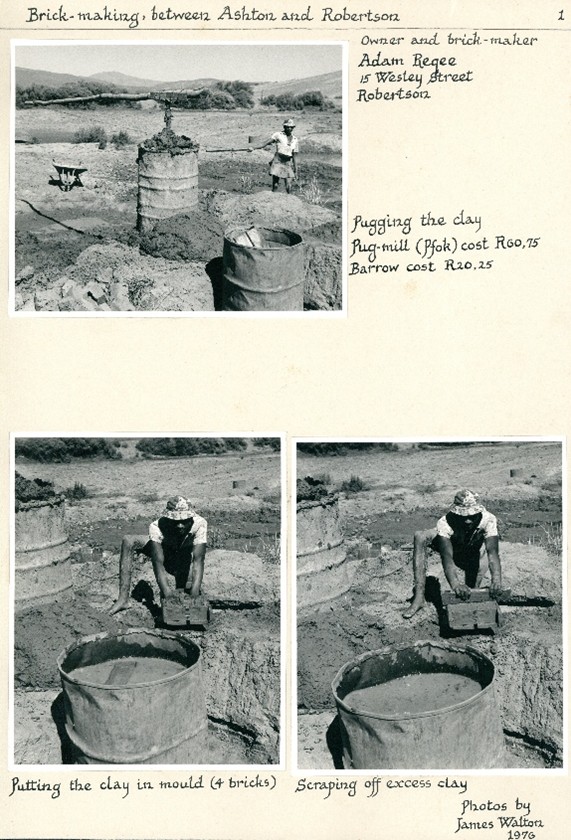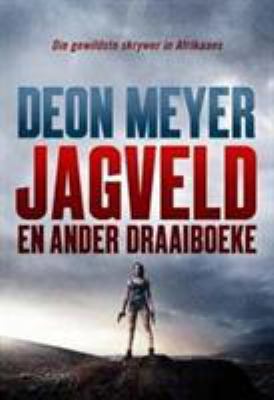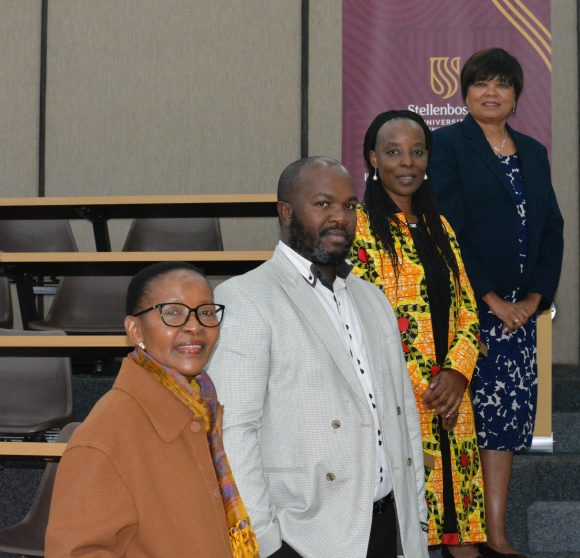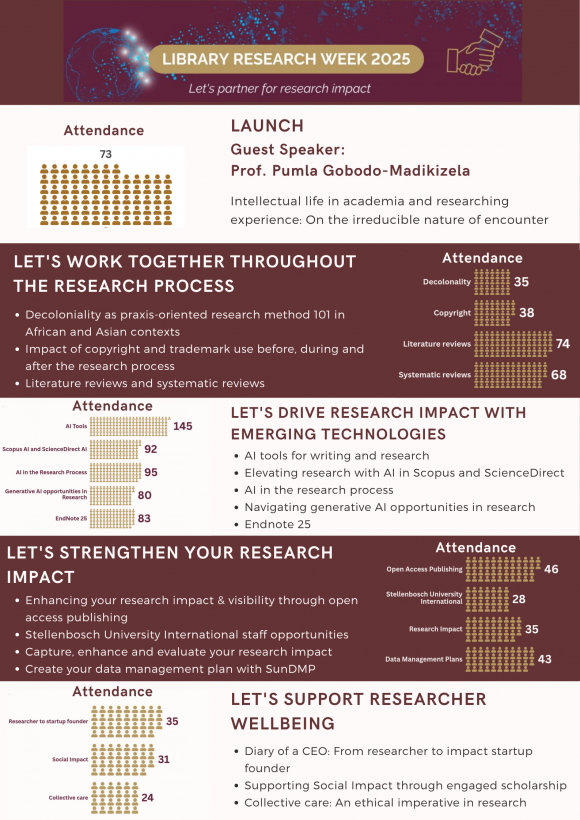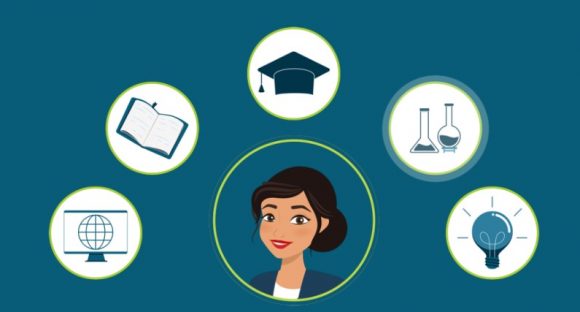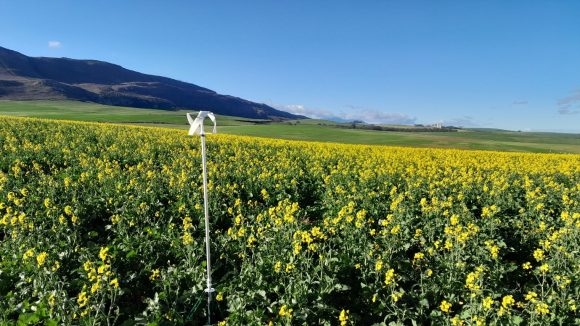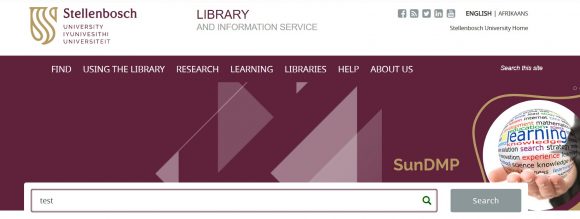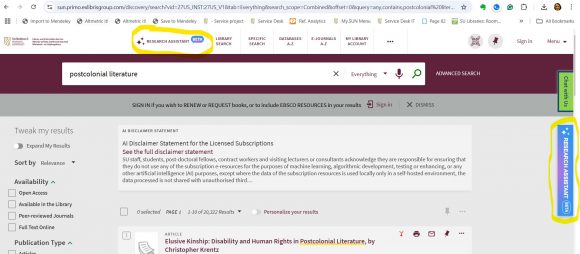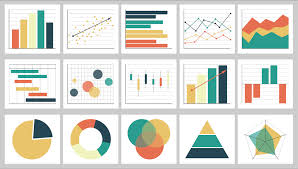The manuscript section in Special Collections hosts material for answering different research questions. Topics include: Afrikaans literature and language, Architecture and vernacular architecture, Arts, Cultural history, Education, Missionary and religion, Music, Press and journalism, Societies, Organisations and institutions, South African history, South African politics and government, South African social and economic history, South African War, Stellenbosch University / Victoria College. (Consult the SUNDigital, Finding aid page for more information.
In this blog post, the focus is on the town of Stellenbosch. The types of documents available in these collections are meeting minutes, agendas, correspondence from organisations involved in identifying and maintaining heritage buildings (e.g SAHRA (South African Heritage Resources Agency), the Simon van der Stel Foundation, the National Monuments Council, Van Riebeeck Society), and writings on South African history. These are crucial for researchers interested in the following topics:
- Heritage Conservation: The identification, maintenance, and preservation of historical buildings and sites in and around Stellenbosch.
- Local History: Detailed insights into the social, cultural, and economic history of Stellenbosch, which could include information on significant events, figures, and everyday life in the town.
- Educational History: The history of Stellenbosch University, given Prof. Thom’s significant connection to the institution.
- Cultural and Architectural Heritage: The vernacular architecture and cultural significance of buildings and structures in Stellenbosch.
H B Thom collection (MS 191)
One of the significant collections mentioned is the H.B. Thom collection (MS 191), which spans over 50 meters of documents. This collection is particularly valuable for its insights into the historical and cultural landscape of Stellenbosch, given Prof. Thom’s extensive affiliation with Stellenbosch University. His roles as a student, lecturer, and eventually Rector of the university provide a unique perspective on the town’s history.
Other significant collections to mention include: Francois Smuts -, Joanna Marx -, James Walton – and Andre Pretorius Collections.
Francois Smuts Collection (MS 229)
Prof Smuts was born on a farm in the Stellenbosch district, matriculated from Paul Roos Gymnasium, and studied at the universities of Stellenbosch. He was lecturing Latin at Stellenbosch University since 1938. Professor from 1951 – 1981.
This collection contains information on Stellenbosch and correspondence and research from organisations like the Simon van der Stel Foundation, National Monuments Council and the manuscript and research on the book : “Stellenbosch Drie Eeue” and “Die Grondeienaars van Stellenbosch, 1693 – 1860”.
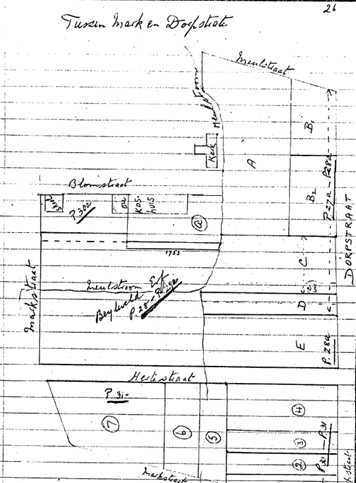
Map 26 from the manuscript “Die Grondeienaars van Stellenbosch, 1693 – 1860”. Francois Smuts Collection MS 229
Joanna Marx Collection (MS 422)
This collection consists of South African heritage material, mainly SAHRA (South African Heritage Resources Agency).
“SAHRA is an agency of the Department of Sport, Arts and Culture tasked with an overall legislative mandate to identify, assess, manage, protect, and promote heritage resources in South Africa.”
A large section, of the Marx Collection, consists of material pertaining to the mills (for example the Mostert Mill in Cape Town). There are pamphlets, brochures, newsletters, lecture notes, portfolios, albums, photos, sketches, plans, newspaper clippings, conservation/preservation of buildings, reports, surveys and other miscellaneous information.
James Walton– and André Pretorius collections
These collections on vernacular architecture in South Africa contain books and pamphlets, including homesteads and villages of South Africa, African villages, Cape dovecots, fowl-runs, watermills, windmills and horse mills of South Africa.
You can also consult the Vernacular Architecture Society of South Africa and articles about these valuable collections.
The curation and preservation of these collections can be interpreted as a direct support to the aims of Sustainable Development Goals (especially SDG 11.4) by safeguarding cultural heritage, enabling research, and promoting awareness of Stellenbosch’s intangible heritage. To gain more detailed information or to access specific documents within these collections, consulting resources like SUNDigital and the finding aid pages, as suggested, would be beneficial steps.Contact Marieta Buys for more information or assistance.
